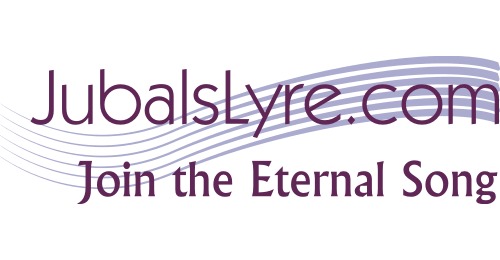Arguably the most popular musical work of all time, Handel’s Messiah sets to beautiful and awe-inspiring music Old and New Testament passages that proclaim the salvation story. According to one scholar, the librettist Charles Jennens (1700-73) “intended Messiah as a statement of faith in Christ’s divinity, in reaction to the increasing popularity of rationalised atheism.” 1
In July 1741, Jennens wrote to his friend Edward Holdsworth:
Handel says he will do nothing next Winter, but I hope I shall perswade him to set another Scripture Collection I have made for him, & perform it for his own Benefit in Passion Week. I hope he will layout his whole Genius & Skill upon it, that the Composition may excell all his former Compositions, as the Subject excells every other Subject. The Subject is Messiah.
Apparently Jennens was successful for between August 22 and September 21 of that same year, Handel set Jennens’ libretto to music. For various reasons, and much to Jennens’ chagrin, Messiah was first performed in Dublin, Ireland in April of the next year. The popularity of the work was predicted by the Dublin News-Letter which reported on April 10, 1942:
Yesterday Morning, at the Musick Hall . . . there was a publick Rehearsal of the Messiah, Mr. Handel’s new sacred Oratorio, which in the opinion of the best Judges, far surpasses anything of that Nature, which has been performed in this or any other Kingdom. The elegant Entertainment was conducted in the most regular Manner, and to the entire satisfaction of the most crowded and polite Assembly.
Advertisements requested that ladies attend “without Hoops” and gentlemen “without their swords” indicating that a large crowd was expected. An estimated 700 people attended the first performance which was held as a benefit concert on April 13, 1742 in the Great Music Hall, a new concert venue that seated 600. The London premiere was in the following year and Handel performed it every year until his death in 1759. Originally performed during the Easter season, it is now often performed at Christmas.
The libretto comes directly from the Bible and was assembled by Jennens, an English aristocrat who collaborated with Handel on several other oratorios. His primary source was the King James Bible. For all but one of the Psalm texts, however, he used the 1662 Book of Common Prayer.
Altogether, the libretto is taken from 81 Bible verses that come from 14 different books of the Bible. Of these books, Isaiah is quoted the most frequently (21 verses) followed by the Book of Psalms (15 verses) and then 1 Corinthians (10 verses). It is interesting and significant to note that all of the passages from 1 Corinthians come from 1 Corinthians 15, a chapter I like to call the “Resurrection Chapter.” The libretto for Part Three also uses seven verses from the Book of Revelation. 2
According to 1743 wordbook, Jennens divided the libretto into the three parts (or acts).
PART ONE : The prophesy and realization of God’s plan to redeem mankind by the coming of the Messiah
PART TWO : The accomplishment of redemption by the sacrifice of Jesus, mankind’s rejection of God’s offer, and mankind’s utter defeat when trying to oppose the power of the Almighty
PART THREE : A Hymn of Thanksgiving for the final overthrow of Death
These parts were divided into 16 scenes: five for Part One, seven for Part Two, and four for Part Three. For a full study of the Messiah libretto and its scenes, click here.
Although the Messiah libretto does not present the actual story of the Gospel narrative, with its emphases on the prophecies regarding the coming of the Christ, the significance of the fulfillment of these prophecies, and their ultimate realization in the Second Coming (Part Three), one can argue that the Messiah libretto is Biblical, Christological, and Eschatological.
If you are in Peoria tomorrow, please join us for the pre-concert lecture at 1:45 p.m. and the performance at 2:30 p.m. Vocal scores will be available at the door if you don’t have your own copy.
May your Christmas celebrations be full of the joy of the Messiah.
Jubal’s Lyre Music Shop for music by Jubal’s Lyre Music Publishers on www.sheetmusicplus.com.
- See David Vickers, “The story behind the triumphant premiere Handel’s Messiah” (www.gramophone.co.uk/feature/the-story-behind-the-triumphant-premiere-of-handels-messiah), 10 April 2015 (accessed 12 December 2015).
- The other books from which the Messiah libretto is taken are as follows: Luke (6 verses); Romans (5 verses); Matthew (4 verses); Malachi (3 verses); Haggai (2 verses); Job (2 verses); Zechariah (2 verses); Hebrews (2 verses); Lamentations (1 verse); and John (1 verse).


